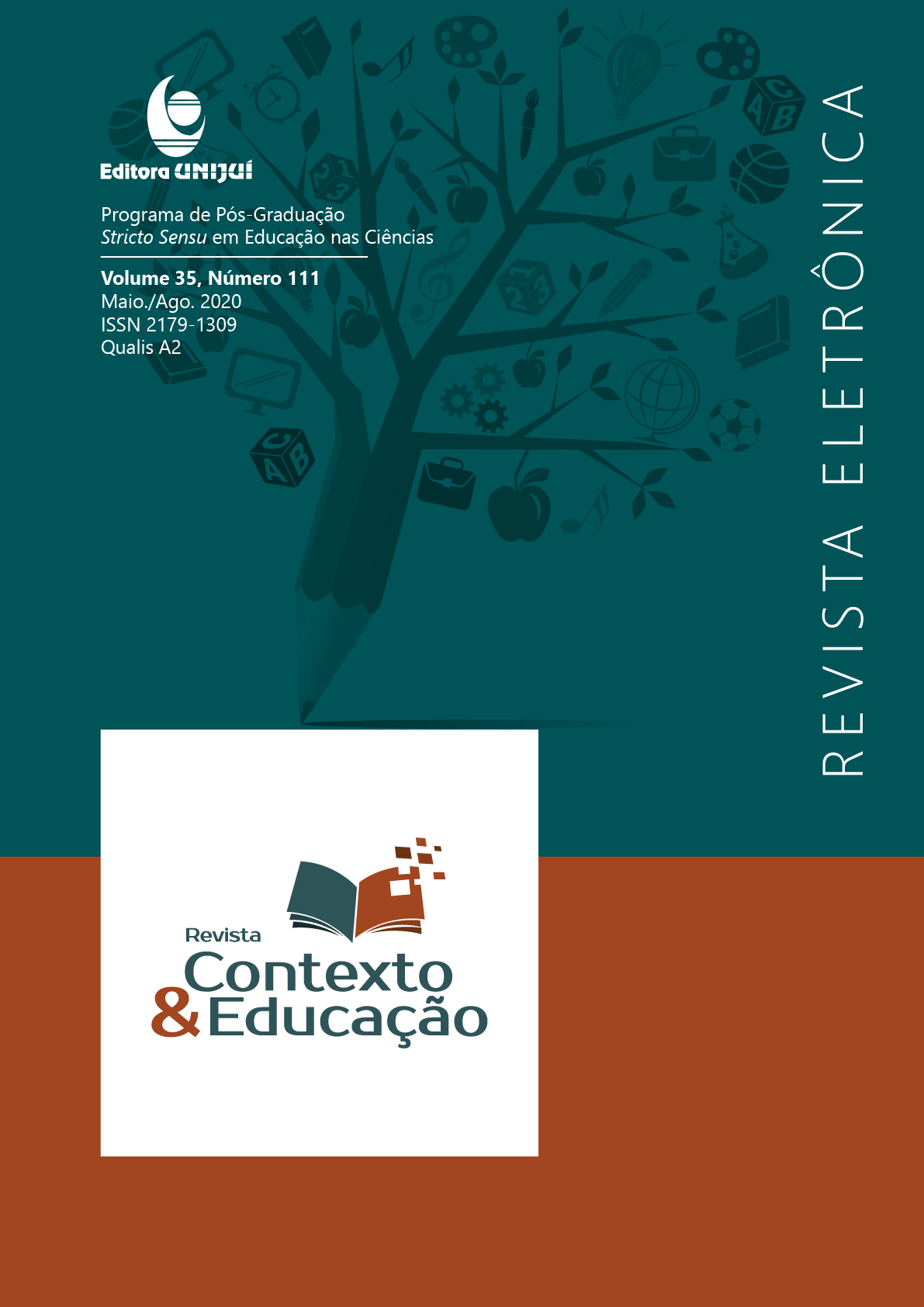BASE NACIONAL COMUM CURRICULAR E (SEMI) FORMAÇÃO: QUAIS OS DILEMAS DA ESCOLA ATUAL?
DOI:
https://doi.org/10.21527/2179-1309.2020.111.9-28Keywords:
BNCC. Escola. Teoria Crítica. Formação.Abstract
In this article we deal with the topic of (semi) formation, the “Base Nacional Comum Curricular” (BNCC - National Curriculum Common Base), and schooling. It is the result of reflections and problematizations arising from the discipline “Curriculum and School” (“Currículo e Escola”) taught by me at the Undergraduate courses at the State University of São Paulo. Our general objective is to develop a critical thought on the influences that the BNCC brings to the policies of teacher education nowadays. In addition to the specific educational bibliographic support, the article is based on the theoretical discussions developed by Theodor Adorno in his philosophical-educational texts discussing the concept of (semi) formation and education. The proposed analysis concludes that the BNCC can transform the Brazilian curricular structure not by the path of cultural formation (Bildung), but by market interests based on aspects such as competitiveness, productivity and entrepreneurship, reducing the possibilities of criticism. Thus, Adorno's critique about the performance society emerges as a theoretical reference that contemplates the possibility of developing the analysis of the social process on a different basis, in which school education is inserted and its links with the semiformation.
Downloads
Published
How to Cite
Issue
Section
License
By publishing in Revista Contexto & Educação, authors agree to the following terms:
All works are published under the Creative Commons Attribution 4.0 International License (CC BY 4.0), which allows:
Sharing — to copy and redistribute the material in any medium or format;
Adaptation — to remix, transform, and build upon the material for any purpose, even commercially.
These permissions are irrevocable, provided that the following terms are respected:
Attribution — authors must be properly credited, a link to the license must be provided, and any changes made must be indicated.
No additional restrictions — no legal or technological measures may be applied that legally restrict others from doing anything the license permits.
Notices:
The license does not apply to elements that are in the public domain or covered by legal exceptions.
The license does not grant all necessary rights for specific uses (e.g., image rights, privacy, or moral rights).
The journal is not responsible for the opinions expressed in the articles, which are the sole responsibility of the authors. The Editor, with the support of the Editorial Board, reserves the right to suggest or request modifications when necessary.
Only original scientific articles presenting research results of interest that have not been previously published or simultaneously submitted to another journal with the same purpose will be accepted.
Mentions of trademarks or specific products are intended solely for identification purposes and do not imply any promotional relationship by the authors or the journal.
License Agreement (for articles published from October 2025): Authors retain the copyright to their article and grant Revista Contexto & Educação the right of first publication.


